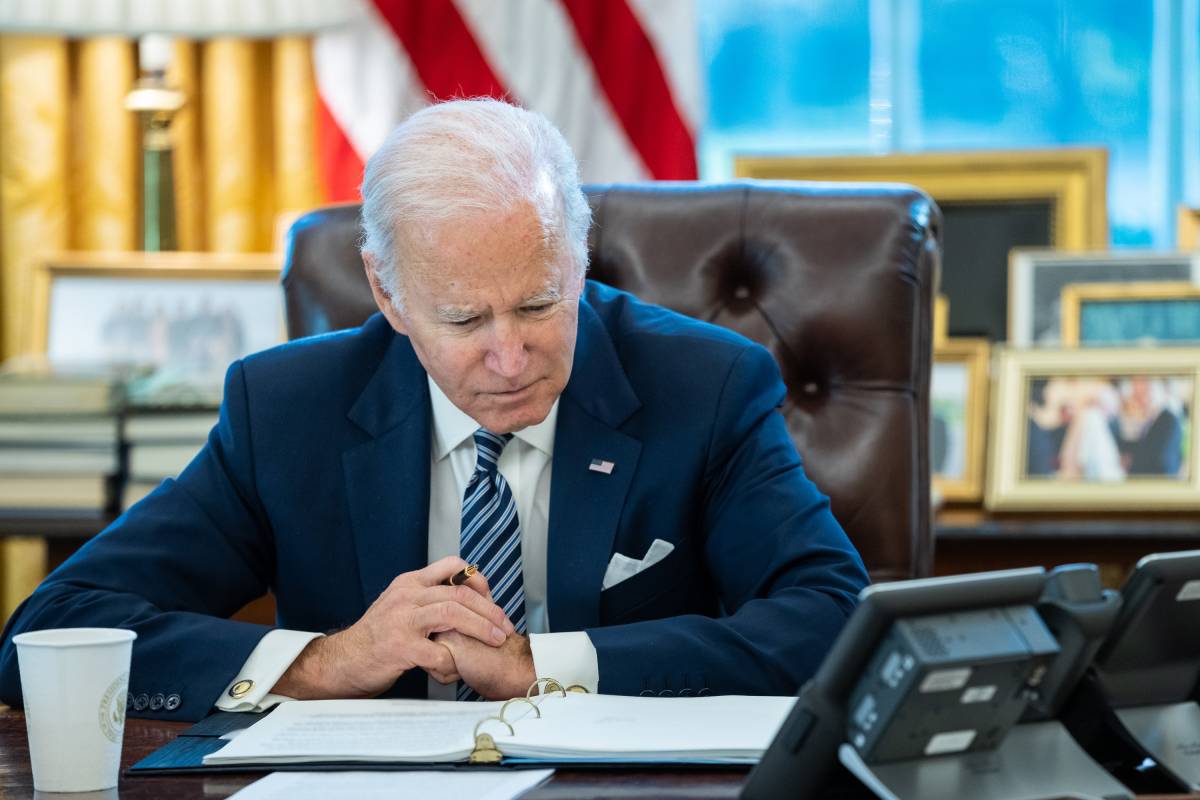The budget includes some USD 7.1 billion for operations in the Indo-Pacific region, with initiatives to address challenges from China such as risks to supply chains for critical defence systems…reports Asian Lite News
US President Joe Biden has signed the USD 768 billion defence spending bill for 2022 which includes some USD 7.1 billion for operations in the Indo-Pacific region and calls for developing a “grand strategy” with respect to China.
This year’s agreement focuses on the “most vital national security priorities” for the US, including strategic competition with China and Russia; disruptive technologies like hypersonic weapons, artificial intelligence, 5G, and quantum computing.
“On Monday, December 27, 2021, the President signed into law: S. 1605, the ‘National Defense Authorization Act [NDAA] for Fiscal Year 2022,’ which authorizes fiscal year 2022 appropriations principally for Department of Defense programs and military construction, Department of Energy national security programs, and intelligence programs,” the White House said in a release on Monday.

Biden signed National Defense Authorization Act [NDAA] for the Fiscal Year 2022 after US Congress scrambled to pass the bill earlier this month. The authorizes about 5 per cent more in spending than last year’s budget.
The budget includes some USD 7.1 billion for operations in the Indo-Pacific region, with initiatives to address challenges from China such as risks to supply chains for critical defence systems, according to a summary by the US Senate Committee on Armed Services.
Besides calling for “grand strategy” with respect to China, the bill requires the US defence officials to conduct an analysis comparing the research and development efforts of the US and China on certain critical, militarily-relevant technologies.
The NDAA also calls for establishing a commission to study US involvement in Afghanistan from 2001-2021 and requires recommendations and lessons learned. Also, it calls for prohibiting the transfer of Department of Defence funds and resources to the Taliban.
Although passing the NDAA is a key step, this measure does not authorize any spending, The Hill reported. US Congress still needs to pass an appropriations bill. (ANI)














